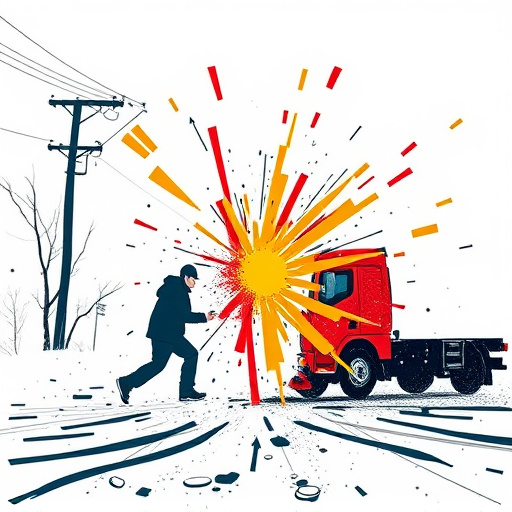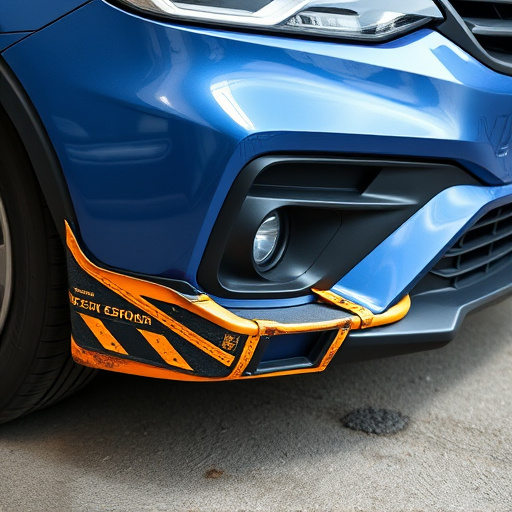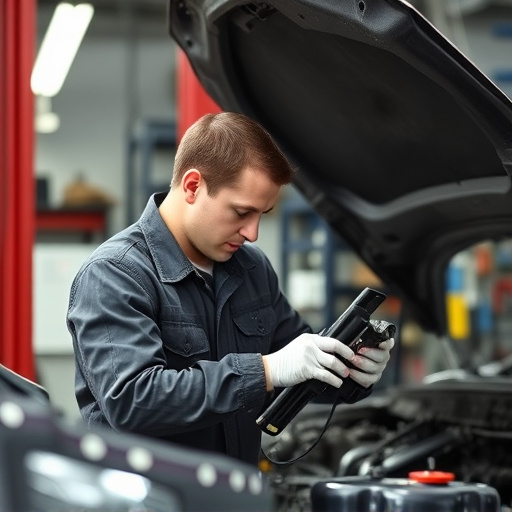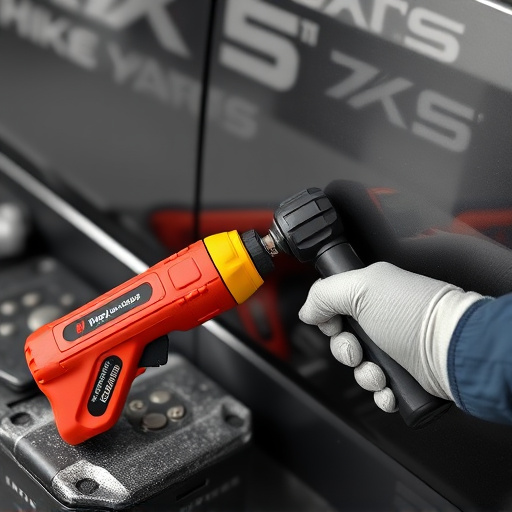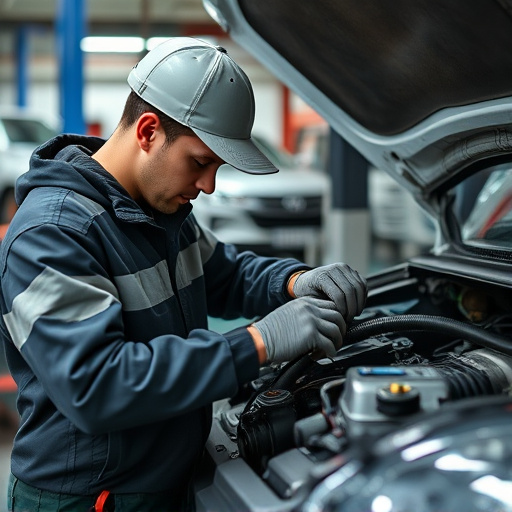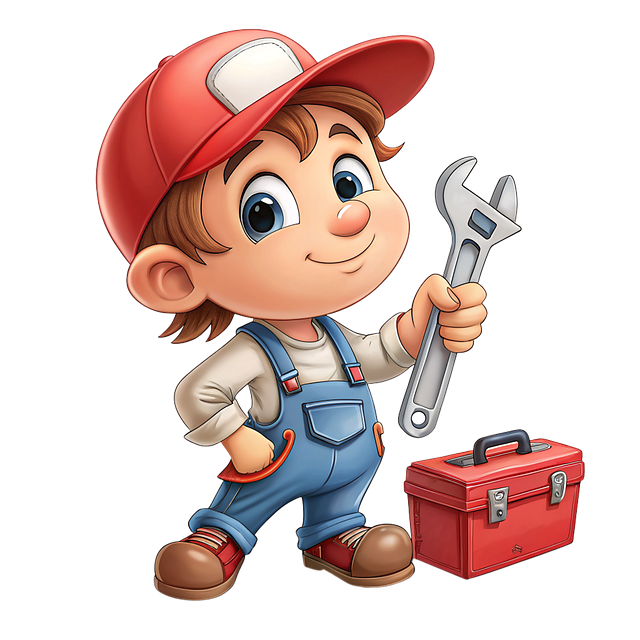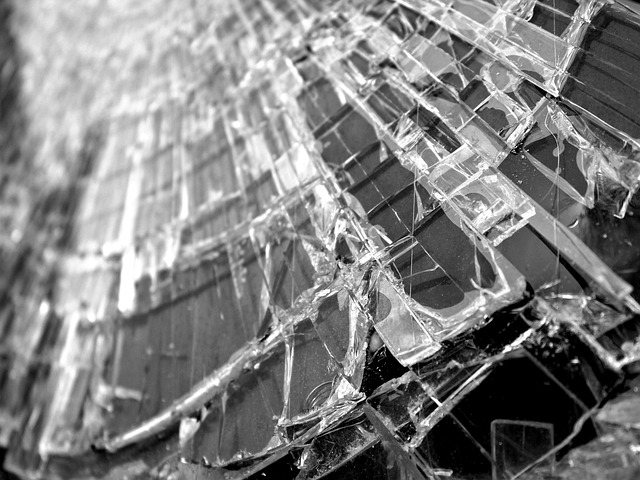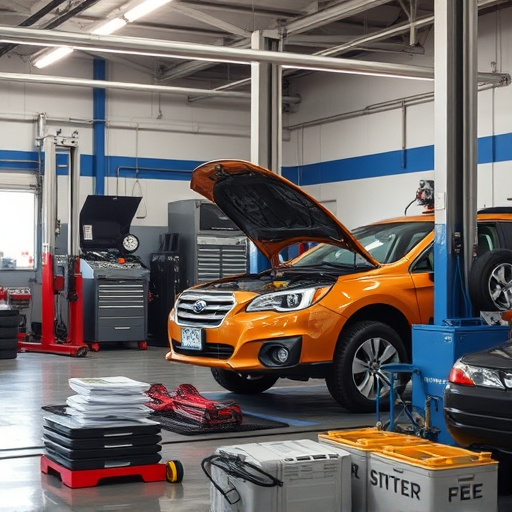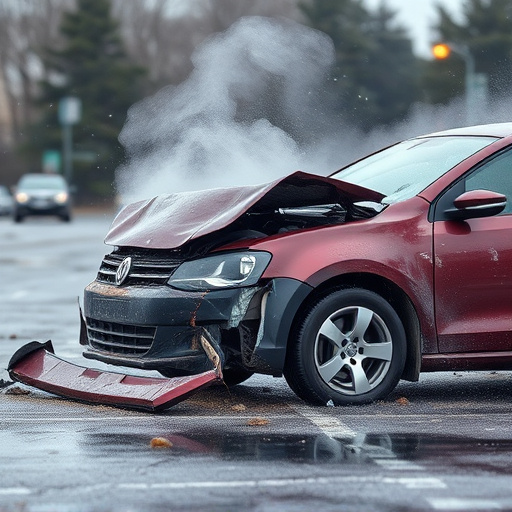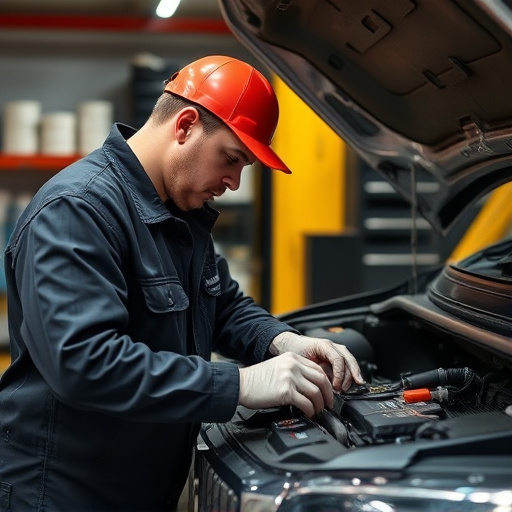Repair Quality Verification (RQV) is key to maximizing vehicle resale value by ensuring structural integrity and engine functionality. Past repairs, especially complex ones, significantly impact market worth. High-quality, manufacturer-standard repairs, documented through rigorous RQV processes, enhance perceived value and reliability for both sellers and buyers. Structured RQV includes detailed record-keeping, adherence to standards, use of original equipment parts, and advanced techniques, as practiced by brands like Mercedes Benz. Continuous improvement through feedback and training ensures every vehicle meets or exceeds market expectations.
In today’s competitive real estate market, understanding the link between repair quality verification and resale value is crucial for both homeowners and realtors. This article delves into how meticulous repair and restoration processes can significantly impact a property’s resale price. By exploring the key factors that influence resale value, we uncover the vital role of quality repairs in maximizing investment returns. Furthermore, practical strategies are offered to ensure high repair standards, ultimately enhancing the property’s longevity and market appeal.
- Understanding Repair Quality Verification Impact
- Resale Value Factors: The Key Role of Quality
- Strategies to Ensure High Repair and Resale Values
Understanding Repair Quality Verification Impact

Repair Quality Verification (RQV) plays a pivotal role in determining a vehicle’s resale value. When a car repair shop performs meticulous RQV, it ensures that every fix is not just visually appealing but also structurally sound. This comprehensive assessment goes beyond surface-level repairs to scrutinize critical components like engine functionality, structural integrity of the vehicle body repair, and the quality of auto maintenance procedures.
A well-executed RQV process acts as a shield against potential buyers’ apprehensions regarding hidden defects or subpar work. By accurately representing the true condition of a vehicle, RQV fosters trust between sellers and buyers, ultimately driving up resale value. Moreover, it incentivizes car owners to prioritize regular auto maintenance, knowing that such practices not only extend the lifespan of their vehicles but also safeguard their investment in the long run.
Resale Value Factors: The Key Role of Quality
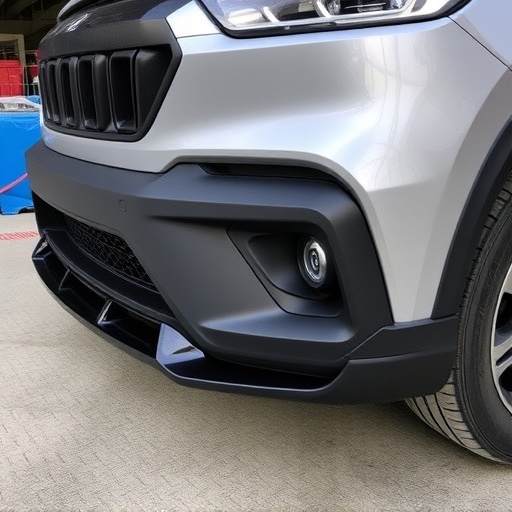
When it comes to determining a vehicle’s resale value, various factors come into play. Among these, repair quality verification stands as a linchpin. The condition and craftsmanship of past repairs directly impact a car’s perceived worth in the secondary market. A seamless integration of repair work that aligns with manufacturer standards not only enhances aesthetic appeal but also underscores the vehicle’s overall reliability and durability.
Focusing on automotive repair services, especially intricate processes like frame straightening, ensures structural integrity. This is crucial as buyers scrutinize every detail during pre-purchase inspections. High-quality repairs that are meticulously documented through verification processes can significantly influence a car’s resale price, making it a valuable asset for both sellers and prospective buyers alike.
Strategies to Ensure High Repair and Resale Values

To ensure high repair and resale values, a systematic approach to repair quality verification is essential. This involves meticulous documentation and adherence to manufacturer standards during the repair process. For instance, in the case of Mercedes Benz collision repair, using original equipment parts and advanced repair techniques not only restores the vehicle’s aesthetic appeal but also maintains its brand value. Similarly, for fender repair or vehicle collision repair, employing certified technicians and utilizing state-of-the-art equipment is crucial to achieving high-quality outcomes.
Regular training and updates on industry best practices can further enhance repair quality. Additionally, implementing a feedback loop where customers can rate their satisfaction post-repair can provide valuable insights for continuous improvement. By focusing on these strategies, automotive businesses can ensure that every repaired vehicle meets or exceeds expectations, thereby enhancing its resale value in the competitive market.
Repair Quality Verification is a powerful tool for maximizing resale value. By ensuring high-quality repairs, homeowners can significantly impact the overall worth of their properties. Understanding the key factors and implementing effective strategies not only protects investors but also fosters trust in the real estate market. Repair quality verification should be seen as an essential step in navigating the complex landscape of home resales, ultimately contributing to a robust and transparent property sector.

